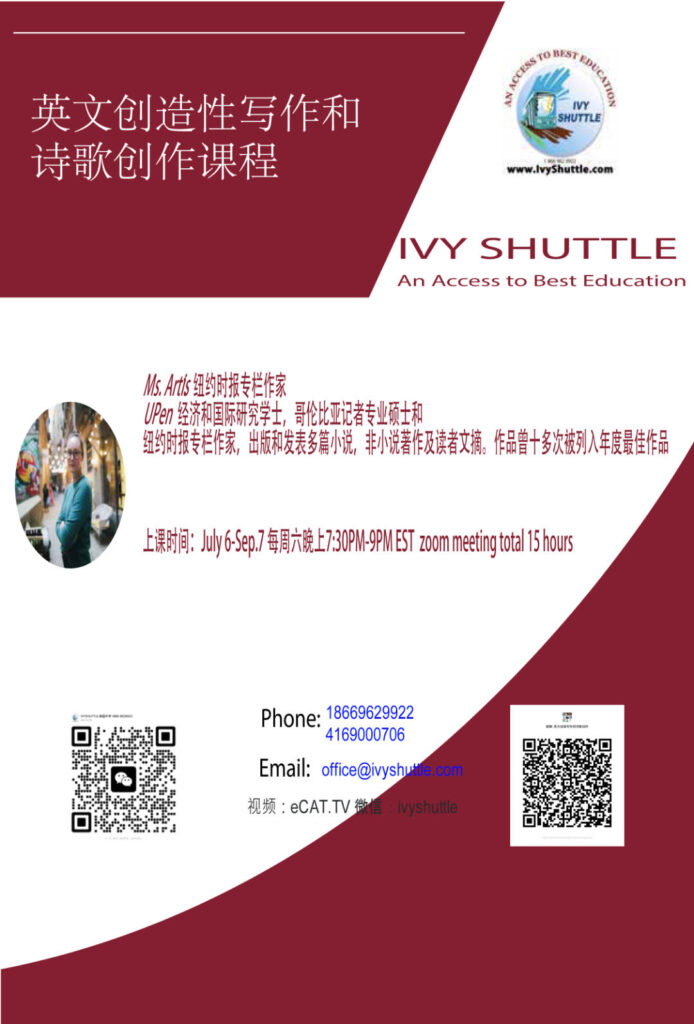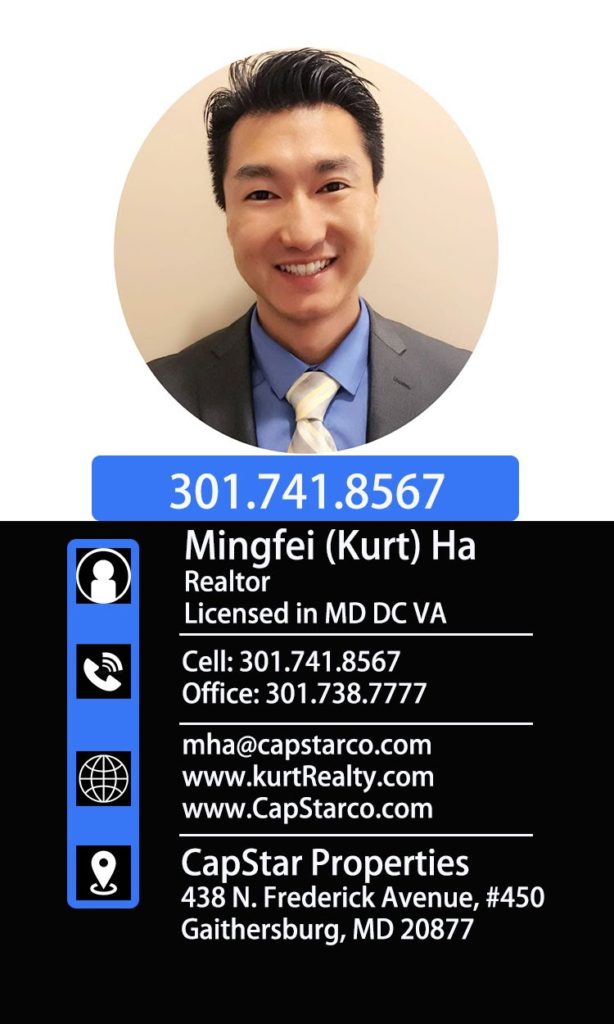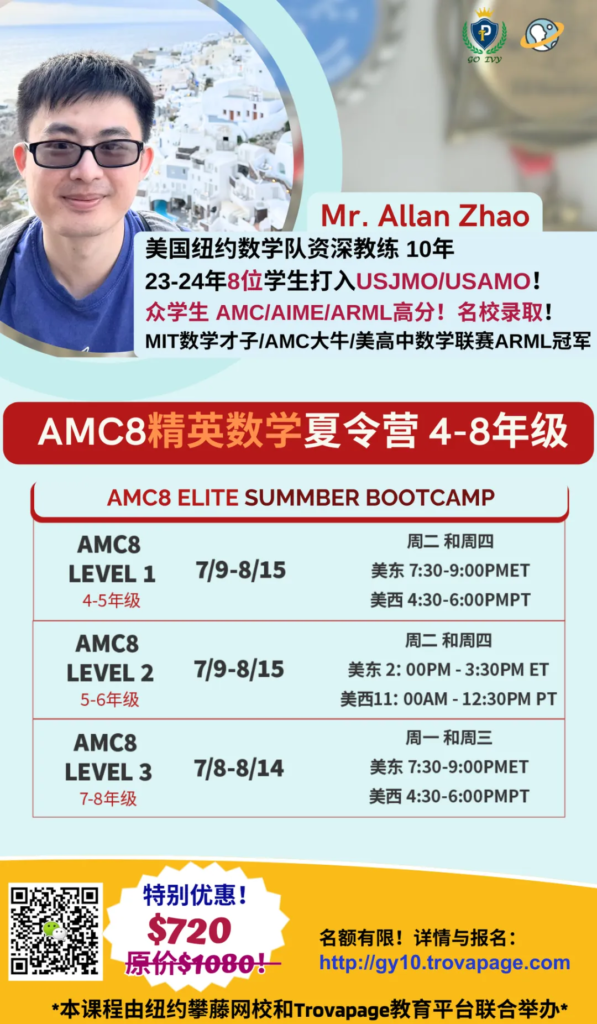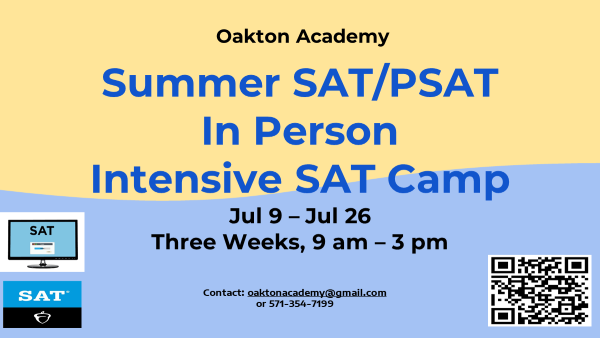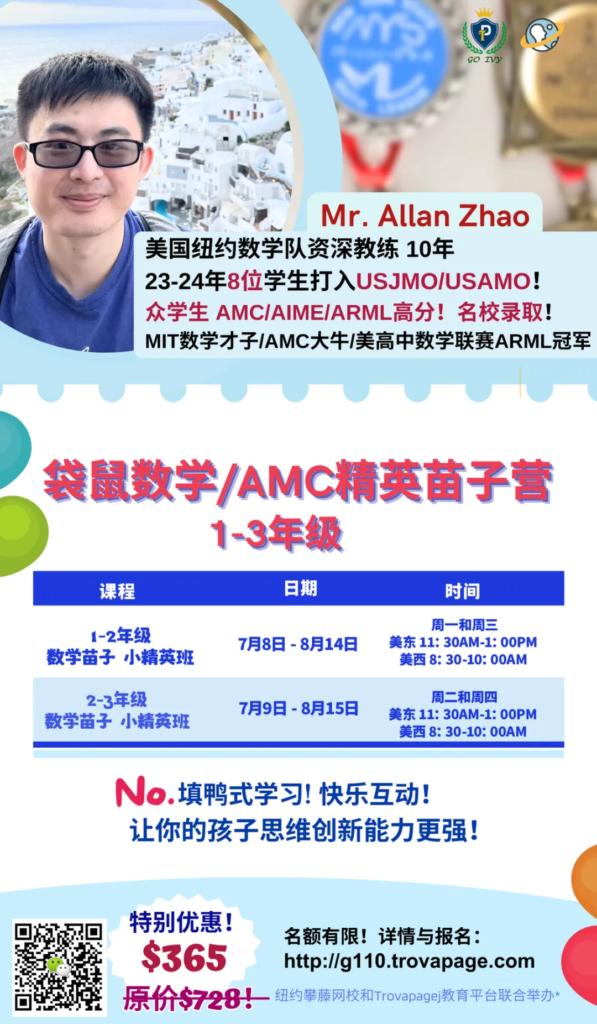MATH ENRICHMENT SERVICES
MOTIVATING BRILLIANCE
Challenging mathematics for intellectually gifted students
1200 Kensington Road, McLean, Virginia 22101
(703) 855-0948
Contact:
Vern Williams
vernwilliams47@gmail.com; vernwilliams@mathreasoning.com
2024 Summer Courses Registration is Now OPEN!
Registration for the Summer 2024 Course is now open. Classes will remain open until filled by qualified students.
MATH REASONING
This course is mainly for rising seventh and eighth graders who are able to grasp abstract and complicated mathematical concepts at a very fast pace. Younger students with exceptional mathematical abilities and backgrounds may enroll with special permission.
The material covered will include topics from number theory, Euclidian and non-Euclidian geometries, Picks Theorem, Herons Formula, Mathematical proof, transcendental real numbers such as “e” and “pi”, derivation and use of the square root algorithm, unitary divisors, permutations and combinations, derivation and use of summation formulas, and RSA coding. In addition, students will develop new techniques and shortcuts for solving both routine and difficult math problems taken from Mathcounts, AMC8, and other middle and high school contests.
Students who qualify for programs such as CTY (Johns Hopkins Center for Talented Youth) or EPGY (Stanford’s Education Program for Gifted Youth) should have an excellent experience taking this course. An AMC 8 score of 15 or higher should also serve as an excellent predictor of success in the course.
If a student has not taken the AMC 8 contest (40 minutes for 25 problems, no calculator), previously given ones can be found on the Art of Problem-Solving website at: http://www.artofproblemsolving.com/Wiki/index.php/AMC_8_Problems_and_Solutions. Of course, if a student is a strong member of his/her school Mathcounts team, that indeed serves as an excellent predictor of success in the Math Reasoning course.

SESSION I ONLY
July 8 – July 19
9 AM – 12 Noon
Instructor:
Vern Williams
Class Size:
12-15 students
Place:
Meridian High School
121 Mustang Alley
Falls Church, VA 22043
$750.00
ADVANCED PROBLEM SOLVING
This course is mainly for rising eighth, ninth, and tenth graders who would like to engage in high-level problem-solving up to the USAMO level. Problems will be selected from a variety of sources and problem-solving techniques will be developed and applied. Other topics of interest, such as advanced number theory, combinatorics, and advanced topics from geometry will be discussed. The student should have the ability to reason abstractly and the desire to solve challenging problems in order to be successful in this course.
We are planning to have two levels of APS. Dr. Ryan Grove is scheduled to instruct the more experienced students. He currently teaches problem-solving versions of Calculus and Post Calculus courses as well as Physics at BASIS Independent Mclean.
Students who were very successful in the Math Reasoning course and/or advanced math courses from CTY (Johns Hopkins Center for Talented Youth) or Stanford’s Education Program for Gifted Youth (EPGY) should be prepared for this course. Acceptance to programs such as MathPath as well as a score of 90 or above on the AMC10/12 also serve as excellent predictors of success in this course.
Even though we will have two levels of APS, the entry-level section will be quite rigorous. Students will be assigned to their respective sections based on their mathematics course backgrounds and problem-solving experience.

SESSION II ONLY
July 22 – August 2
1 PM – 4 PM
Instructors:
Vern Williams and Dr. Ryan Grove
Class Size:
We will have two levels and will assign a maximum of 12 students to each class.
Place:
Meridian High School
121 Mustang Alley
Falls Church, VA 22043
$750
ABOUT MATH ENRICHMENT SERVICES
Math Enrichment Services was formed in February of 2006 in order to fill the need for quality math enrichment for gifted upper elementary and middle school students in the metropolitan Washington DC area. In addition to summer courses, we offer mentoring/tutoring for individual students and small groups on a limited basis throughout the school year. We also offer consulting services to individual schools, school systems, and institutions engaged in educational research. All courses are designed by Vern Williams and taught by Vern Williams or other instructors with extensive math backgrounds with the assistance of high school and college students who not only possess and demonstrate mathematical brilliance but are also able to motivate other students to reach their highest intellectual potential.
Other instructors have included Michael Auerbach (Thomas Jefferson High School), Jonathan Osborne (Thomas Jefferson High School), Eugene Huang (Longfellow Middle School), Peter Diao (Stanford), and Ryan Grove (BASIS Independent Mclean).
MISSION STATEMENT
Our mission is to help students appreciate the beauty and power of serious and challenging mathematics. We strive to make the student who never cared about math love it and for those who have always loved math to love it even more.
A VERY SHORT STORY BY VERN WILLIAMS
One night I walked into the 4 3/8 dimension and actually believed the following:
- We should write about math but never do math.
- Correcting students’ papers using red ink is a threat to children’s self-esteem and that red pens should be banned from all public schools.
- Howard Gardner was right about his multiple intelligence theory (I think that he claims about nine at the moment) and that schools should value bodily-kinesthetic ability and the intelligence of self as much as mathematical and linguistic ability.
- The war on intellectual excellence is a great thing. It will make us all equal.
- Teachers’ Unions are actually concerned about students.
- Advanced courses and gifted programs should be banned because they are elitist and unfair. Since everyone is gifted in their own way (see Howard Gardner), why have special gifted programs?
- There are no bored students in US public schools.
- We can teach thinking even when there is no content to think about.
- We should treat members of politically protected minority groups as victims.
- We should never view our students as individuals but as members of racial and ethnic groups.
- We should buy into the latest educational fad even if it’s based on political correctness and has nothing to do with learning or common sense.
- There is no money wasted on administration, specialists, and useless programs. In fact, we should have more of each.
- I should join the NCTM.
- I should join the NEA.
- I should feel guilty because I teach smart kids.
- I should feel really guilty because I enjoy teaching smart kids.
I finally woke up in a cold sweat from this nightmare and asked myself does anyone actually believe those things? The answer is a resounding yes. Unfortunately, the people who believe them are running our school systems and colleges of education. I do my very best to shield my students from the effects of educational fads, political correctness, and anti-intellectualism that we experience every day in public schools.
I now offer an excerpt from a final reflection that I wrote for a graduate course that I took at George Mason University in 2004:
STRATEGIES AND MODELS FOR TEACHING THE GIFTED
All of the models that I encountered in this course were either made up, i.e. Gardner and Sternberg, or the creator took an obvious set of routine teaching strategies and turned them into complex systems complete with special language, charts (If I see one more chart, I really will scream!!) and theories. An excellent example would be my second lesson plan on Spherical Geometry. I know that the lesson is perfect for GT students. How do I know? I taught it. It took me fifteen minutes to write for you and three to four hours to relate it to the models and strategies.
In addition, I had to add to the lesson to make it fit some of the models and yet, the parts that I added, I would never teach. Imagine if I were creating the lesson from scratch and attempted to use one or more of the models as a framework. I would go out of my mind. I could plan and write the lesson in a half hour using common sense or five hours using a model. There is one curriculum model that needs to be included in every college GT course, “The Common Sense Approach”. Bruner and Van Tassel Baska had the two common-sense models but again, they made them complicated.

SOLUTIONS
- Use an excellent textbook written for very bright students. I always use the following as a guide when I teach gifted students.
- Am I teaching content to them in a way that I cannot teach it to average students? If the answer is no, then you are not teaching a GT curriculum regardless of the model or strategy being used.
- Am I teaching very advanced, new, and difficult material that cannot be taught to average students in a reasonable time period? If the answer is no, a model won’t cure this, only an in-depth knowledge of content and an excellent textbook will.
- Do I find the material challenging and interesting? If I don’t, they won’t.
- Do I recognize and appreciate their brilliance and their advanced quirky sense of humor? If the answer is no, do you really think that a complex curriculum model will help?
THE PERFECT COLLEGE GT CURRICULUM COURSE
Offer a series of GT courses that are discipline specific. Specify and in some cases have students learn the content that is appropriate for gifted students in various grades.
Have a selection of excellent textbooks such as Unified Math that offer rigorous content for GT students. The class should study, analyze, and discuss them.
Have students observe GT students in action, or if logistics are a problem, have panels of GT students visit the class to discuss topics, content, and teaching methods that really challenge and interest them.
Have a visiting panel of adults who were enrolled in gifted programs. Wouldn’t you love to hear their suggestions for the perfect GT course?
Don’t smother the class with complex fog such as June Maker’s book. That book would cripple a true GT learner. I’m a strong proponent of divergent thinking but I also like for things to make sense.

Here are some important observations and requests of their teachers from many of my GT students over the years.
- Don’t review last year’s material for the first two months of school.
- Give us a few hard problems instead of a bunch of easy ones.
- Stop assigning so many projects especially when routine content is involved.
- Recognize our creativity and higher-level thinking skills. Stop judging us only on the ability to follow directions.
- Don’t take it personally when your lesson doesn’t interest us.
- Find new, difficult, strange, and exciting content and teach it to us. We will make the mental leaps and provide our own extensions. Just teach us some real content.
- Please provide us with teachers who truly know their content and who love their subject area.
- Please appreciate and relate to our sense of humor.
- Allow us to challenge our teachers as long as there is no disrespect intended.
- Provide us with teachers who have the confidence to accept our academic challenges and treat them as positive.
- Please note that some of us love learning but hate school. Try to understand why or just ask us.
- Please take us out of groups of four. When two of the four of us cooperate and do all of the work, it’s not cooperative learning.
- Allow us to help you teach and offer clever alternative solutions but please, you be the teacher. Don’t be the guide on the side. Teach us!
- Know when going off on a tangent is a good thing.
- Know your content well enough so that if we ask an intriguing question, you might change your lesson plan on the spot.
- Don’t make us waste our time reading in English class while the teacher is checking e-mail. We read all the time outside of school and we would much rather spend our time analyzing, debating, and learning.
- Please provide us with teachers who are not jealous of our exceptional intellect.
- Provide us with teachers who enjoy teaching GT students including the quirky disorganized but brilliant ones who most teachers write off.
I could spend days just discussing their comments. Let me just say that discussing those 18 points would be the perfect professional development session for teachers working with gifted students.
You will note that most of the models have three major themes.
- The teacher should not be the center of the universe. Be the guide on the side.
- There should be an overreaching theme.
- The lesson should be interdisciplinary and real-world applications should be the focus.
I know teachers who have done all three and the GT students find their courses to be boring and useless. They say that they don’t learn anything, “we just do stuff”. Many times, they don’t understand their grade when rubrics and other “authentic assessments” are used.

KNOWLEDGE OF CONTENT
First of all, the teacher should be the sage on the stage. GT students are capable of learning and doing an incredible amount on their own. They learn about their world faster than 99% of all students in their age group. They expect their teacher to provide them with something that perhaps they can’t learn or do on their own. Our job is to stand in front of them and offer our wisdom, experiences, and our in-depth knowledge of content. Yes, when they are in my classroom, I am the center of their universe because I actually have something to offer them.
As for themes, concepts, applications, and connections, they must occur naturally. GT students have complained about teachers rigging lessons to make them connect to other disciplines. When I use a piece of vocabulary that the students learned in another subject area, smiles are everywhere. Wow, you really are part of the real world. If it had been contrived, you would never get that neat reaction.
I leave you with an example of how GT students learn.
At times, I would use vocabulary in my first-period class that the students had not been exposed to. For instance, tyro and ilk were unknown to them. After a while, they assumed that I started making words up, so they would check them in a dictionary (This was back in the day, no Google!) that was kept on one of my bookshelves. I would of course define the word before they looked it up and I was always correct. They were impressed that a math teacher knew vocabulary. Two students asked if they could take the first five minutes of each class to present one SAT-type word and discuss its origins with the class. I agreed and the result was amazing. The students were enthused, I was enthused, and we learned some very nifty words. At the end of the grading period, the two students wrote a vocabulary quiz based on the selected words and of course, I was asked to complete it along with the class. I am proud to announce that I tied for fifth out of thirty-one on the quiz. Oh yes, the top six scorers were listed on the board. The students received extra credit and I could brag about tying with a student who reads twenty-four hours a day.
I mention this piece of learning to reinforce the notion that the best learning occurs when it’s not contrived or related to some obscure theme. This lesson occurred purely by accident starting with words spoken by the center of their universe, their teacher.

MOTIVATING BRILLIANCE
Challenging mathematics for intellectually gifted students
Last update: 7/07/2024
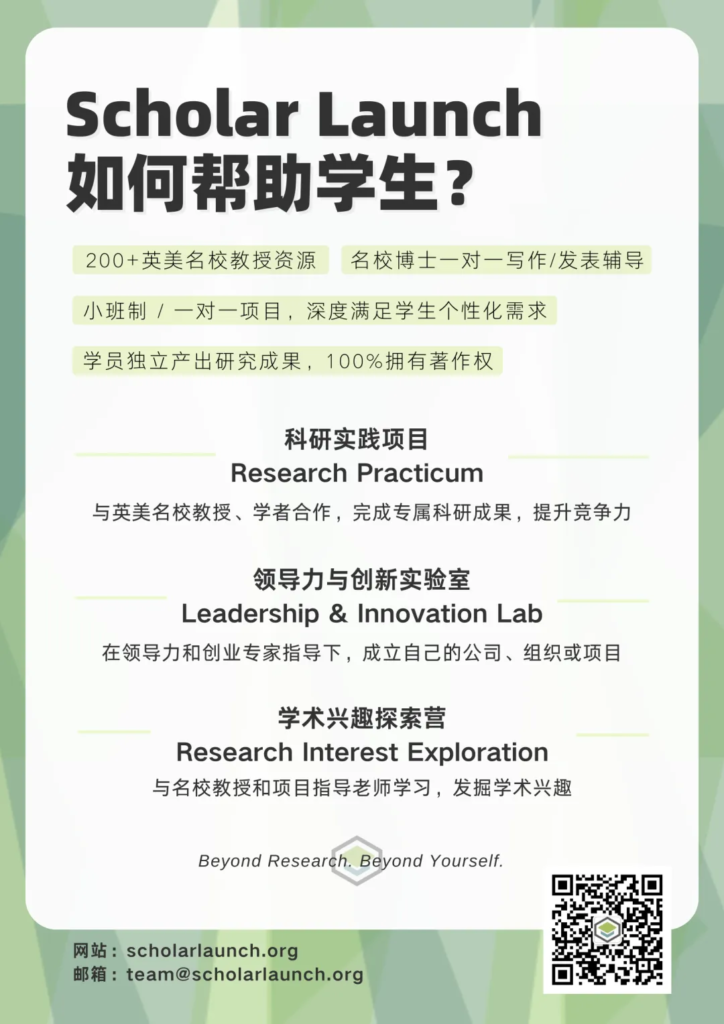
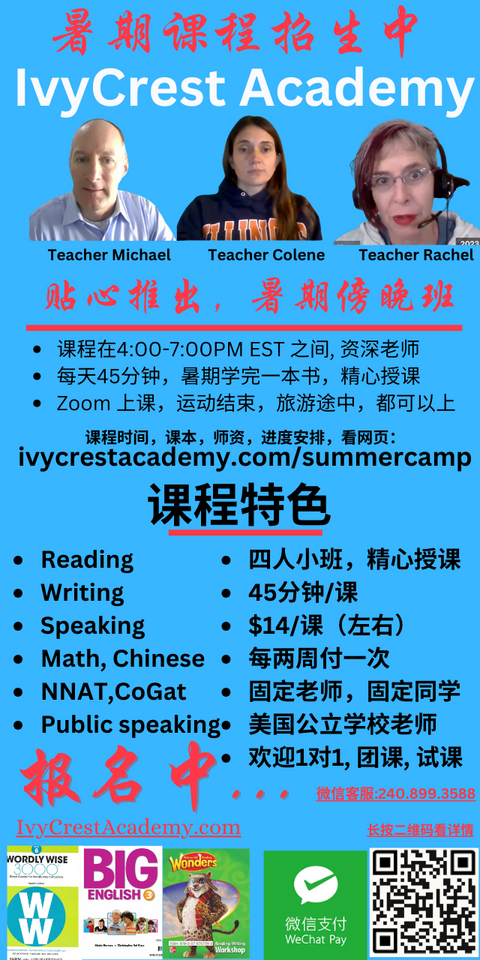
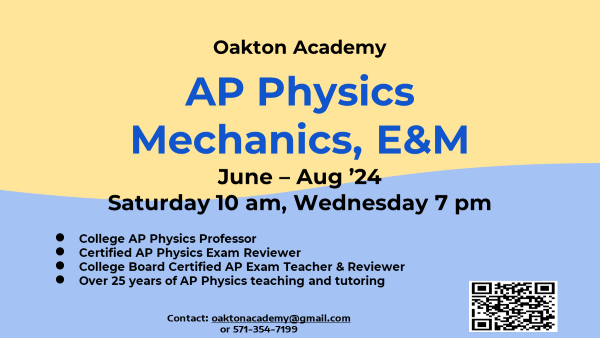
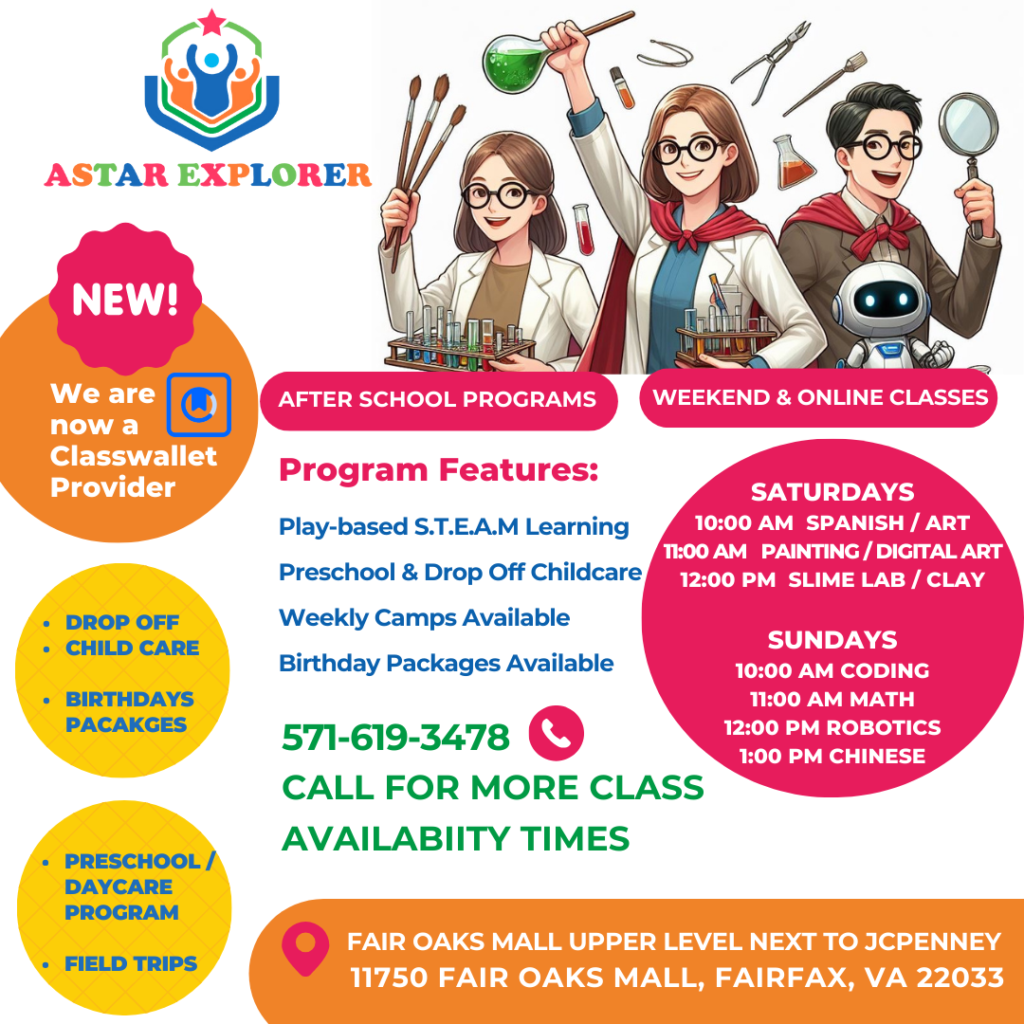

Rise with Kyros — A One-stop College Prep Solution

